
In Supervised Projects in Photography, students have the opportunity to cultivate a creative eye that captures the world around them.

In Supervised Projects in Photography, students have the opportunity to cultivate a creative eye that captures the world around them.

In British Portraits: Identity, Empire, and the Museum, students look at the creation and conceptualization of 18th-century portraits with a contemporary perspective.
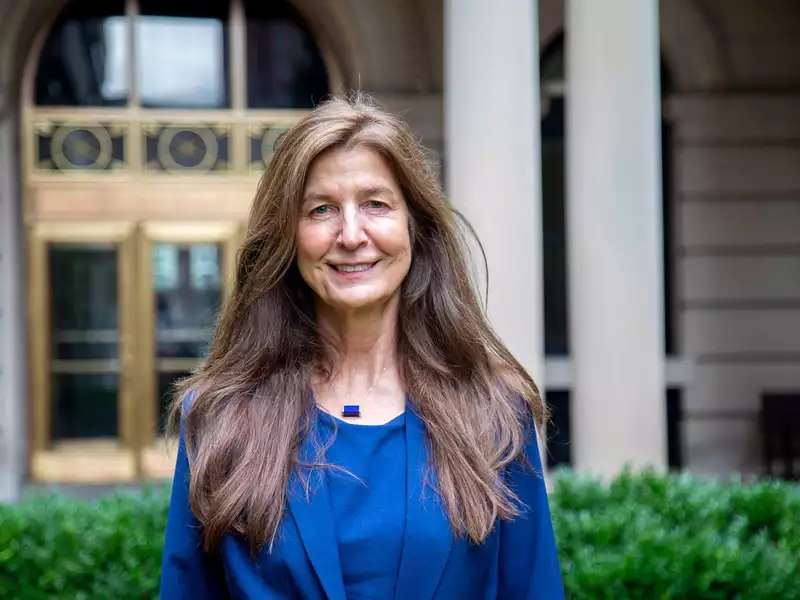
In Introduction to Neuroscience, students wrap their heads around the “final frontier” — the human brain.
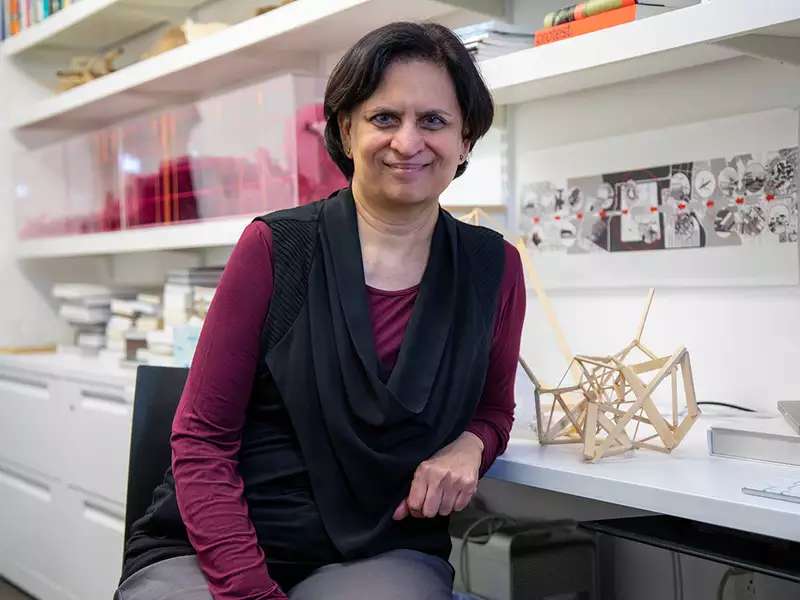
In the Design for Diplomacy course, students research the participatory role design plays in embassies and consulates across the world.
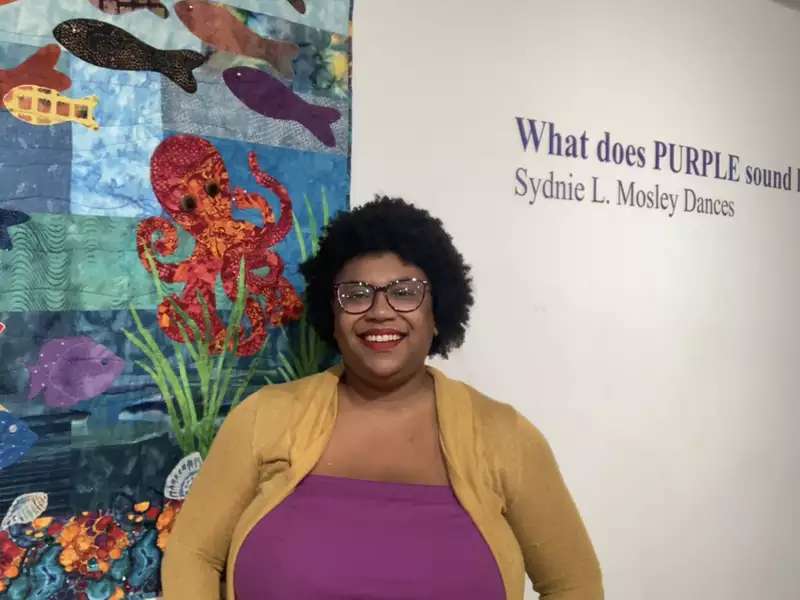
In Harlem Movement Legacies, students learn the dances linked to the historic neighborhood — and their greater cultural significance.
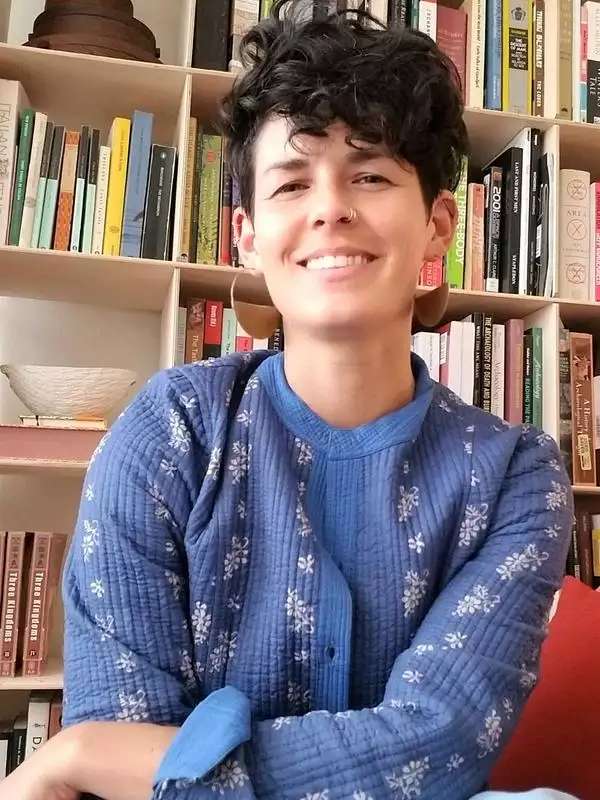
In The Ancient Table: The Archeology of Cooking and Cuisine, students study how food has been made, shared, and eaten throughout history.
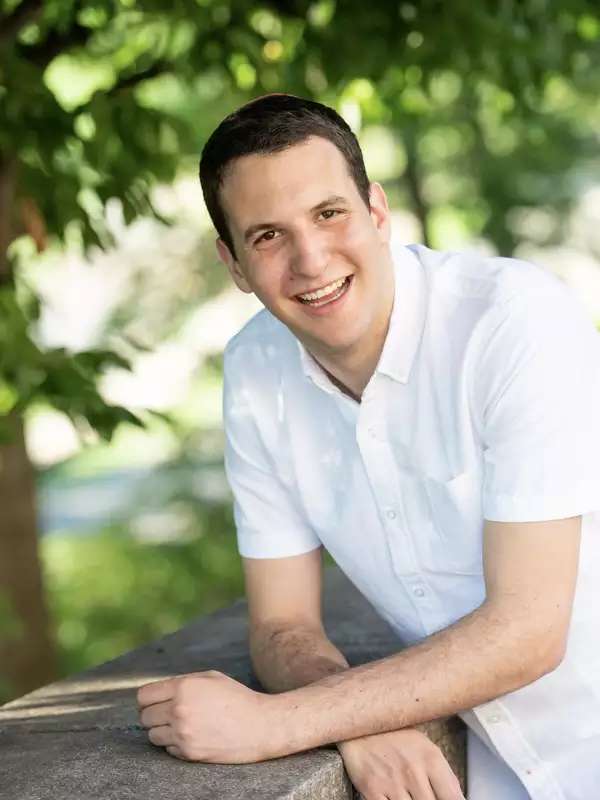
In Computational Text Analysis, students gain the computer science knowledge necessary to answer their biggest research questions.

Zarghamee’s Economics of Gender course engages with women’s unique relationships to career and family.
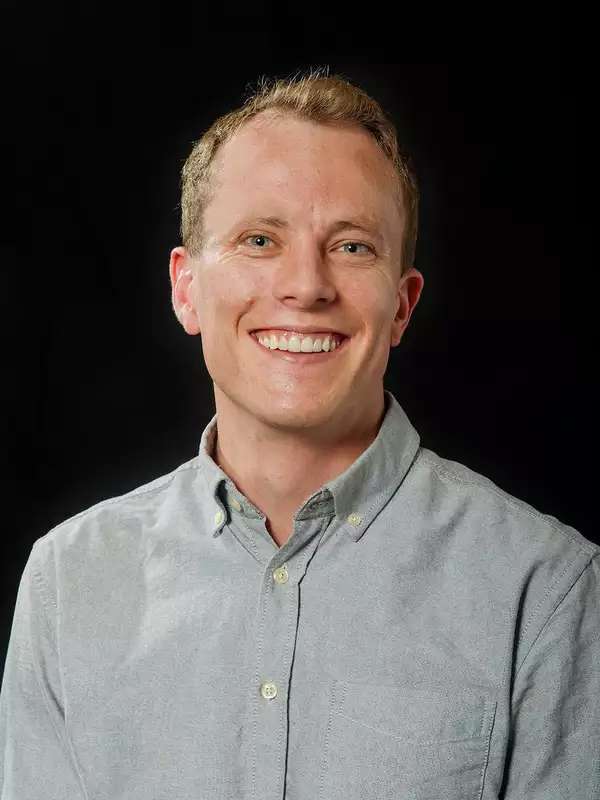
White’s Visual Neuroscience course unpacks the intricacies of how we see.
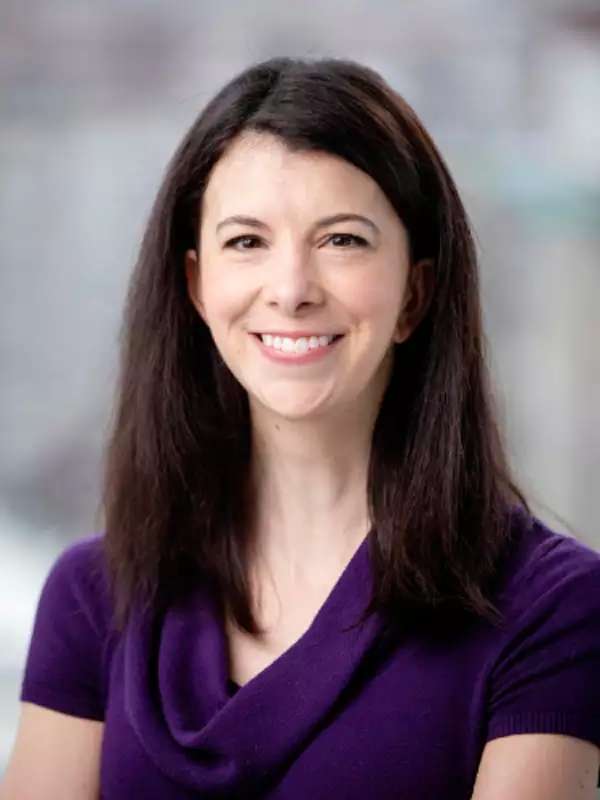
In her Animal Behavior course, students will gain a deeper appreciation for the behaviors of the animal kingdom — even in times of quarantine.
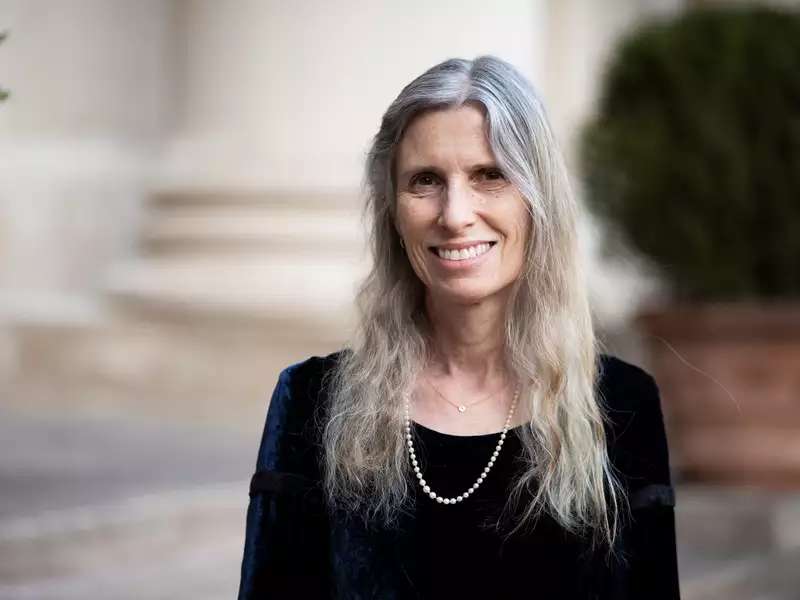
In her course “Why Do Bad Things Happen to Good People?” McDermott uses four different world religions to explore how people have dealt with the question throughout the ages.
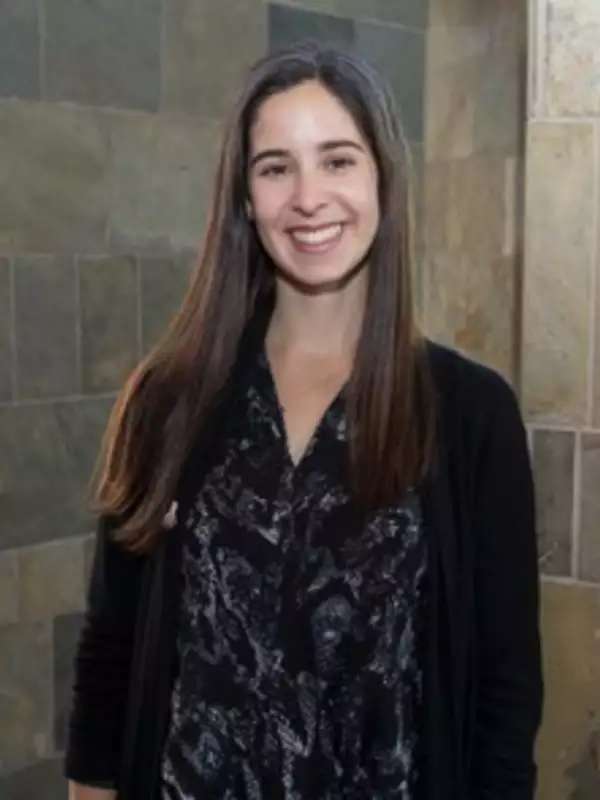
In Brenner’s environmental science course, students work collaboratively with nonprofit environmental justice organizations to address issues of sustainable development.

In American Monument Cultures, students explore the significance of monuments throughout history, using digital humanities platforms to engage with the cultural and political power of public structures.

In Mitra’s global theatre course, students will immerse themselves in six international theater styles through applied workshops and independent projects.

In Bryda’s class, students will study how seeking connection to the divine has fueled artists and writers for centuries.
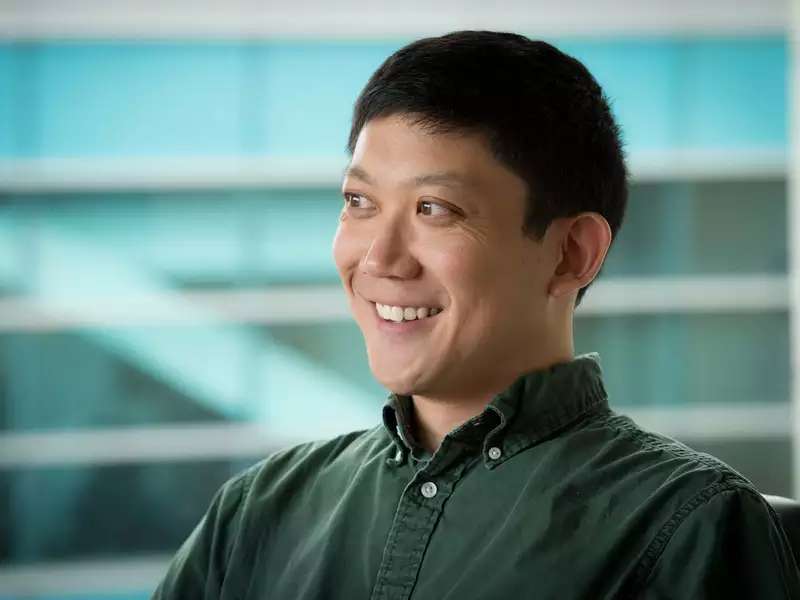
Professor Miranda’s Microbiology course shifts gears this fall to focus on COVID-19.
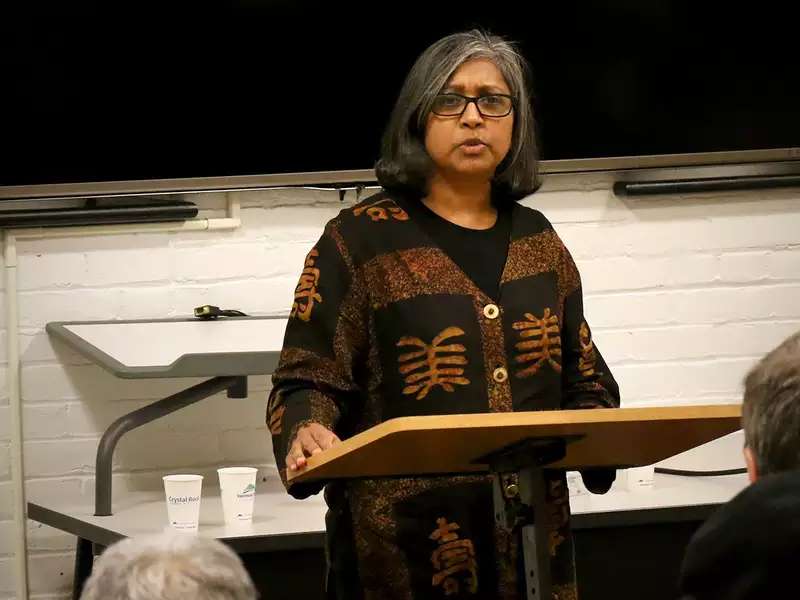
Professor Nadasen’s seminar COVID-19 and Care Work: An Oral History Approach looks closely at COVID-19’s impact on essential workers.
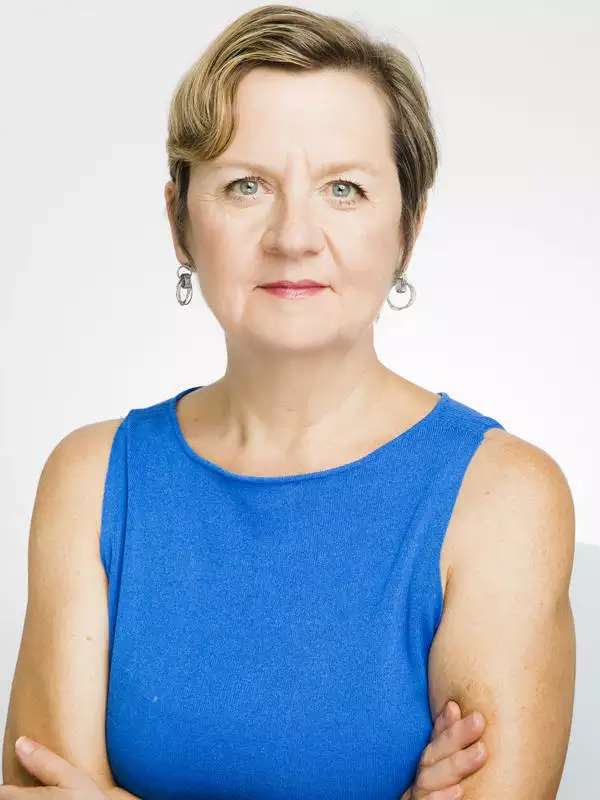
The senior lecturer in French will guide students through a comprehensive understanding of the language with the new advanced course Podcasting in French.

The history professor aims to help students understand the causes and effects of inequity with the course Reproducing Inequalities: Family and Latin American History and Society.
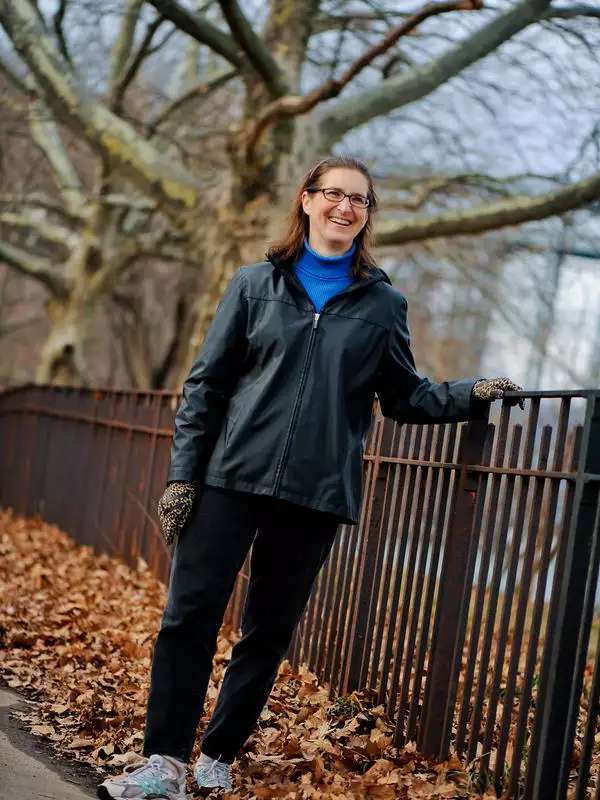
In Callahan’s “Healthier Lives” biology course, students will tackle academic work at the intersection of COVID-19, Black Lives Matter, and the climate crisis.